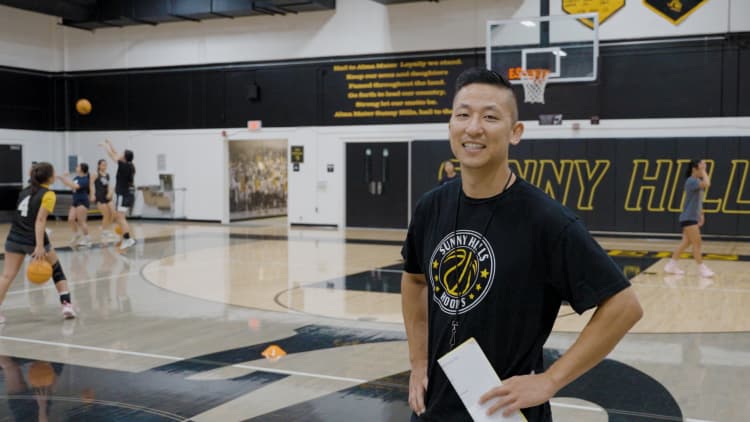Lots of people in their 20s miss out on hundreds of thousands of dollars in retirement savings because they "don't get" the power of compound interest, says Suze Orman, personal finance expert and host of the podcast "Women & Money (and Everyone Smart Enough to Listen)."
"They don't understand the value of compounding and that the key to their financial independence is their age," Orman said in a recent interview with the Wall Street Journal. Part of the problem is that younger people think they can catch up on retirement savings when they're older and making more money, she said.
Building up retirement savings is crucial. Underestimating how much money you'll need to invest later to catch up, or need in total to retire, could force you to keep working until a later age than you want. In some cases, you may never be able to retire at all.
To illustrate the power of compound interest, Orman used the example of a 25-year-old who puts $100 into an S&P 500 index fund through a Roth IRA, every month until they are 65, assuming an annual interest rate of 12%. That person would retire with roughly $1.2 million in retirement savings, according to CNBC calculations.
However, if they started saving at 35, their total would be just over $350,000. That works out to a difference of about $850,000 lost by beginning to invest just 10 years later.
That's due to the power of compound interest, the process in which interest is continually earned on both the principal amount plus any accumulated interest, leading to exponential growth over time. Thanks to compounding, the earlier you start making contributions, the more time your money has to grow.
"[Many young people] don't get that," said Orman. "They would rather dress cool, go on their TikToks."
All investments carry a risk that you could lose your money. And an annual return of 12% isn't widely seen as realistic. Historically, the average annual rate of return for the S&P 500 has been around 10%.
But even with an annual return of 6%, a 25-year-old making $100 monthly contributions would have just over $200,000 by 65 — double what they'd have if they had started making contributions at 35.
Invest 'more in your 20s than you do in your 30s if you can'
While younger people tend to earn less than they do later in life, that shouldn't be an excuse to delay monthly retirement contributions, Orman said. Instead, younger people should focus on living below their means but within their needs, so that they can afford monthly retirement contributions.
To afford those contributions for retirement, Orman recommends making them a priority and cutting back on extras. For example, "I refuse to eat out," she said. "I think that eating out on any level is one of the biggest wastes of money out there."
It can be helpful to avoid lifestyle creep, too. When Orman started earning money from her books, she determined that she could afford a "$1 or $2 million penthouse," she told WSJ. Instead, she chose to live below her means and purchased a $250,000 apartment.
In other words, just because you can afford something doesn't mean it's a smart buy.
"The truth of the matter is, you should be investing more in your 20s than you do in your 30s if you can," Orman said in a 2018 interview with CNBC Make It. Doing so will save younger earners the burden of catching up with their retirement contributions later.
"I would much rather see you invest a specific amount of money when you are young, a lesser amount of money, than waiting and have to invest five or six times [as much] when you are older," she said.
DON'T MISS: Want to be smarter and more successful with your money, work & life? Sign up for our new newsletter!
Get CNBC's free Warren Buffett Guide to Investing, which distills the billionaire's No. 1 best piece of advice for regular investors, do's and don'ts, and three key investing principles into a clear and simple guidebook.



